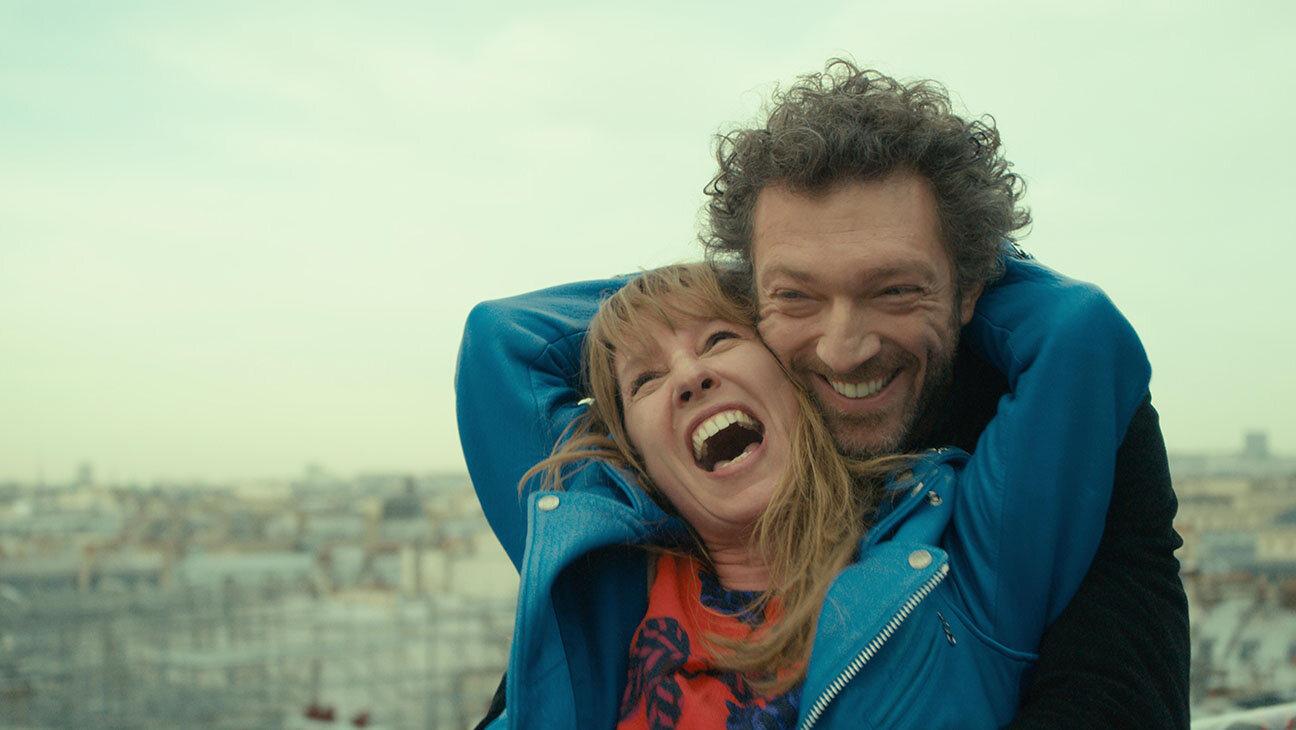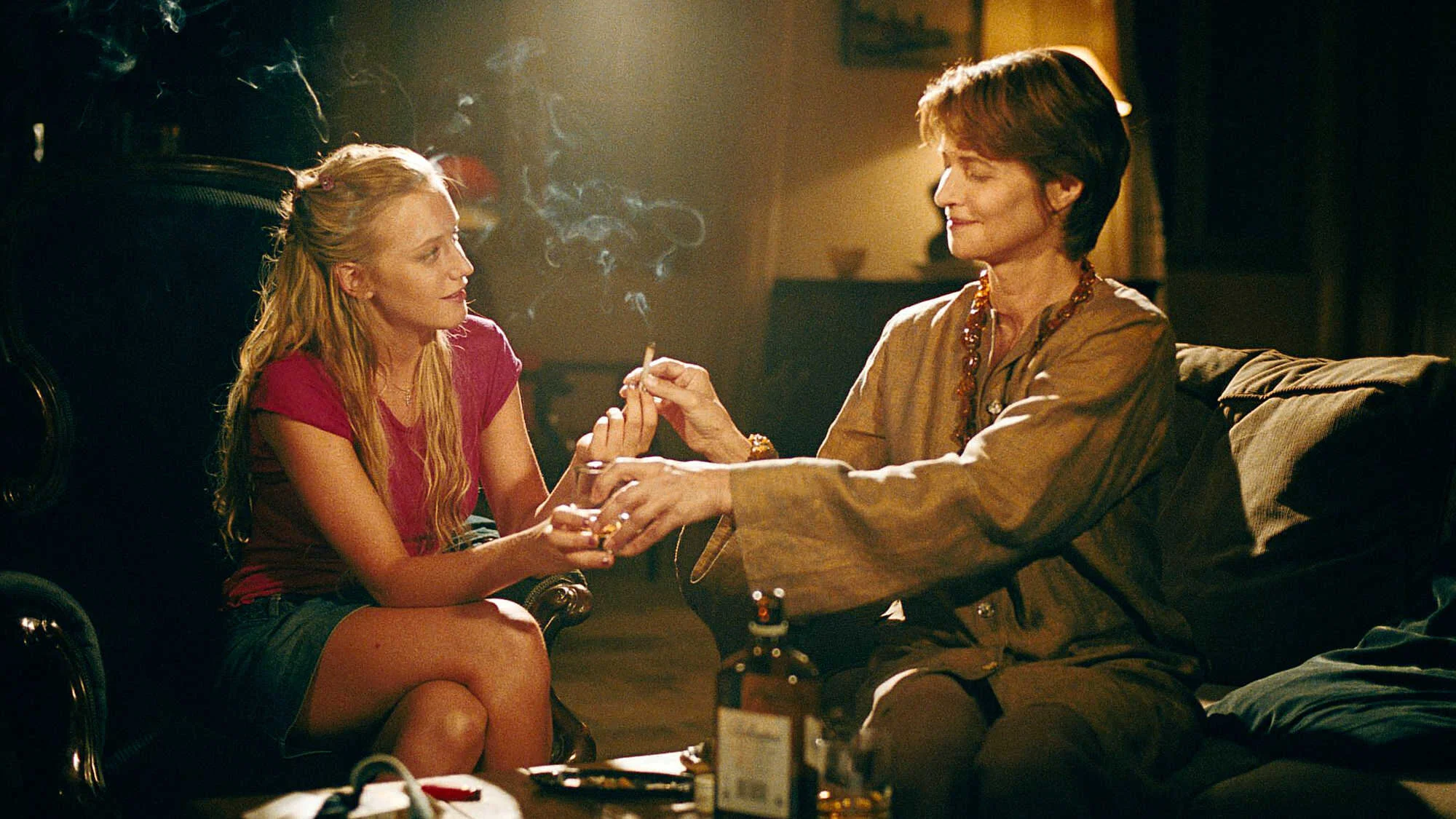French Cinema: Mon Roi (My King) film review
Mon Roi directed by Maïwenn, tells the story of Marie-Antoinette “Tony” and her passionate yet tumultuous relationship with Georgio.
Emmanuelle Bercot and Vincent Cassel are brilliant in their roles as Tony and Georgio; Bercot proved this by winning best actress at Cannes for her performance. The raw realism in their elation, passion and despair is extraordinary, and it is the driving force behind what makes this film so compelling. Louis Garrel also delivers a fantastic performance as Tony’s brother, who brings much-needed humour and familial support. But the beauty in this film very much lies in the complexity of the relationship between Tony and Georgio,
I love how Maïwenn uses Tony’s rehabilitation from a skiing injury as a framing device for the film, as it is a time for slowing down and reflection. Naturally, she starts to delve into her past during this downtime. In fact, it’s almost as if the treatment of a physical injury allows her the time to heal the mental one too. The injury Tony has is also very symbolic, which the physiotherapist points out a the beginning of the film. Le genou (knee) is the only joint that can bend backwards.
Thematically there is a lot to unpack in this film. You have the changeability of relationships, discussions of mental health and gender roles. At the beginning of their relationship Tony and Georgio seem perfect for each other; they share a sense of humour and have an electric chemistry, but as time passes, Tony and thus the audience finds Georgio’s behaviour increasingly problematic.
“You leave people for the same reason that attracted you in the first place.”
He abandons his pregnant wife to live alone, spends more time looking after his ex, and parties without consideration for Tony, who has clearly suffered a deterioration in mental health due to postpartum depression and Georgio’s behaviour. Mental Health is also weaved throughout the narrative of the film via the characters of Tony and Georgio’s ex Agnès who attempted to commit suicide upon hearing that Tony was pregnant with Georgio’s baby.
And finally, gender roles are examined through the idea of how men and women and thus mothers and fathers, are supposed to be in the eyes of society. Georgio mentions that as a husband and a father, he is supposed to always be strong and in control. But, he often finds himself taking drugs and sleeping with random women because he falters, and he tries to hide this to protect Tony’s image of him as a model man. Toxic!






